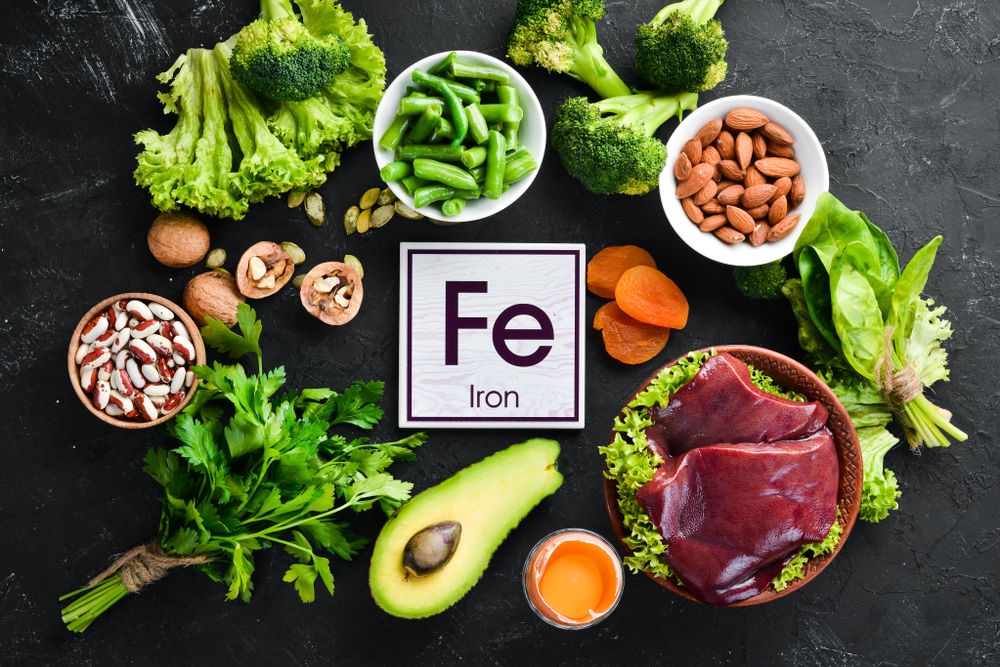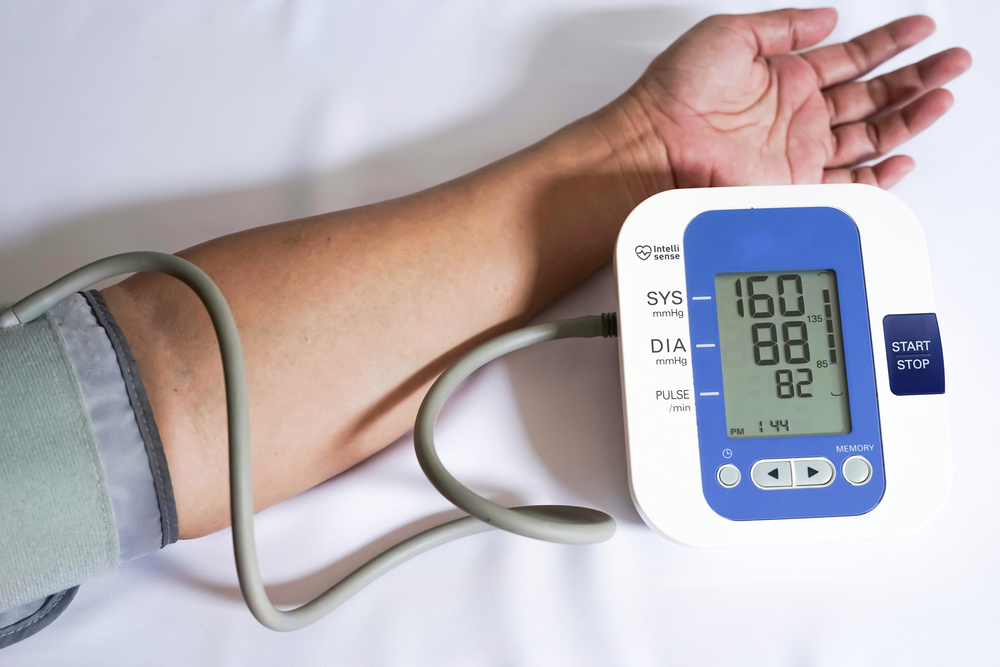Swimming and senior health: key benefits

As we age, staying physically active becomes crucial for maintaining health. Regular exercise helps preserve flexibility and mobility, strengthens muscles, and builds endurance. For seniors dealing with pain, weakness, or arthritis, swimming offers a low-impact alternative that supports physical fitness without undue strain. Swimming offers numerous health benefits for seniors: 1. Low-impact exercise. Swimming is […]
How pets can improve the lives of seniors

Research indicates that pet ownership is associated with lower stress levels and increased fitness. Beyond offering companionship and unconditional love, pets can also help reduce feelings of loneliness and isolation, provide more social opportunities, and lower blood pressure. In Canada, approximately 35% of people own a dog and 38% own a cat. Nearly half of […]
Loneliness and its consequences for seniors

Loneliness poses a significant health risk for seniors. Statistics Canada reports that nearly 25% of seniors live alone. This social isolation has been linked to various health issues, including heart disease, cognitive decline, depression, and elevated stress levels. Loneliness can also contribute to a higher risk of premature death, poor sleep quality, and weakened immune […]
Exploring end-of-life care options: hospice and palliative care

End-of-life care focuses on maintaining quality of life and comfort for individuals. Hospice care and palliative care are two of the most common types of end-of-life care. In this blog, we’ll explore the differences between them. Hospice care aims to treat the symptoms of the disease rather than the disease itself. It is family-centered, meaning […]
Managing common sleep problems for seniors

Sleep is essential for maintaining physical and mental health. Seniors need approximately 7 to 9 hours of sleep each night. Good sleep can improve memory and concentration, reduce the risk of depression, and support the immune system. Below is a list of 5 common sleep problems that seniors face and ways to manage them. 1. […]
The importance of iron for seniors

Iron is a mineral that is required by the body for growth and repair. It is the second most abundant metal on Earth and makes up about 80% of the Earth’s inner and outer cores. It is used to make hemoglobin, which is a protein found in red blood cells that carries oxygen from the […]
Common chronic diseases for seniors

Chronic diseases are conditions that last for at least 1 year and either require continuous evaluation or limit the person’s ability to perform daily activities. Approximately 60% of adults in the US have a chronic disease and over 40% have two or more. Below is a list of 5 of the most common chronic diseases […]
An overview of arthritis

September is Arthritis Awareness Month. With that in mind, this blog is going to focus on arthritis, which is inflammation or swelling of the joints. Although there are over 100 different types, the most common symptoms include stiffness and joint pain. Arthritis is most common in people with other chronic conditions such as heart disease, […]
Benefits of personal care services for seniors

Personal care services provide seniors who may need assistance with maintaining their quality of life and daily activities with many benefits. They often allow seniors to live at home instead of staying at a nursing or senior home. The list below provides 5 ways personal care services can help seniors. 1. Improve well-being. This can […]
Retirement planning for seniors

Retirement can be an exciting time for you to relax and enjoy the benefits of all your hard work in previous years. However, it can also be a time of uncertainty, especially when it comes to finances. This is why it’s critical to plan for retirement ahead of time. Below is a list of 5 […]

